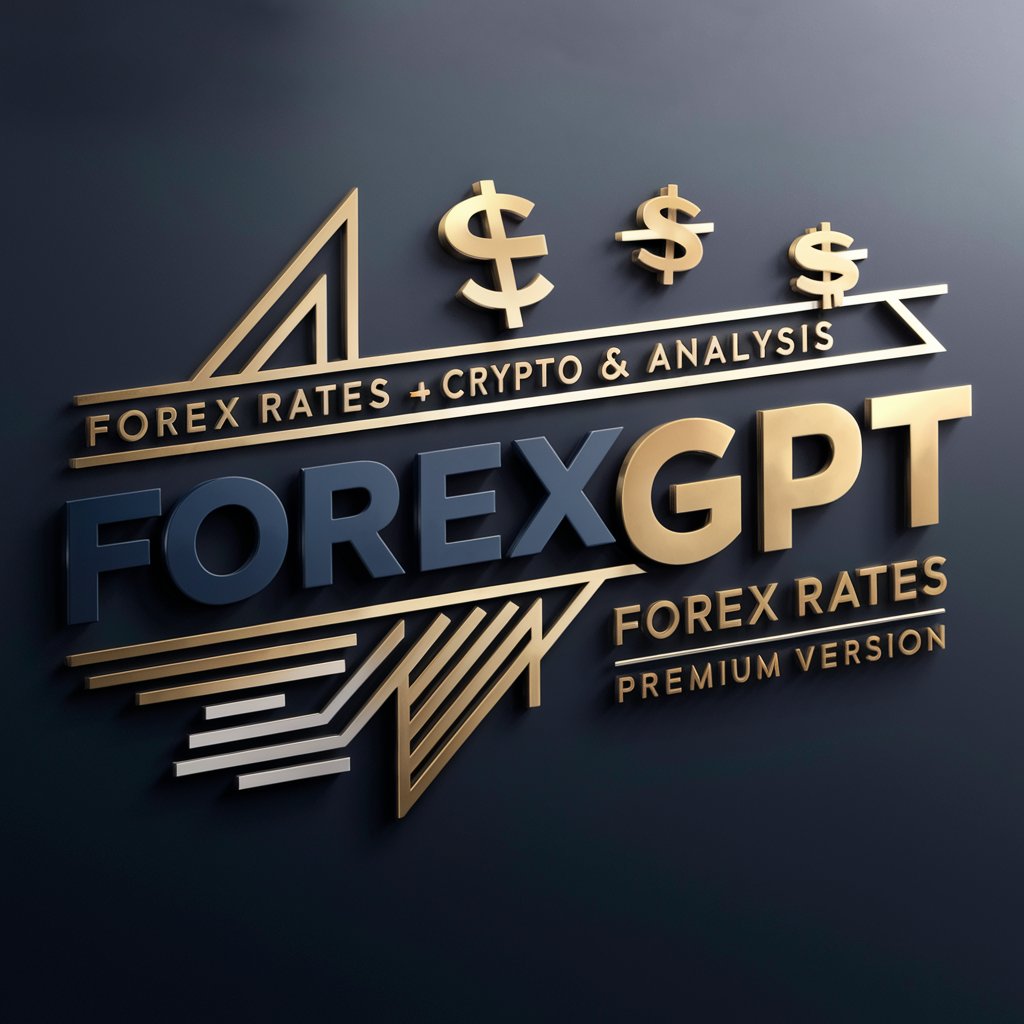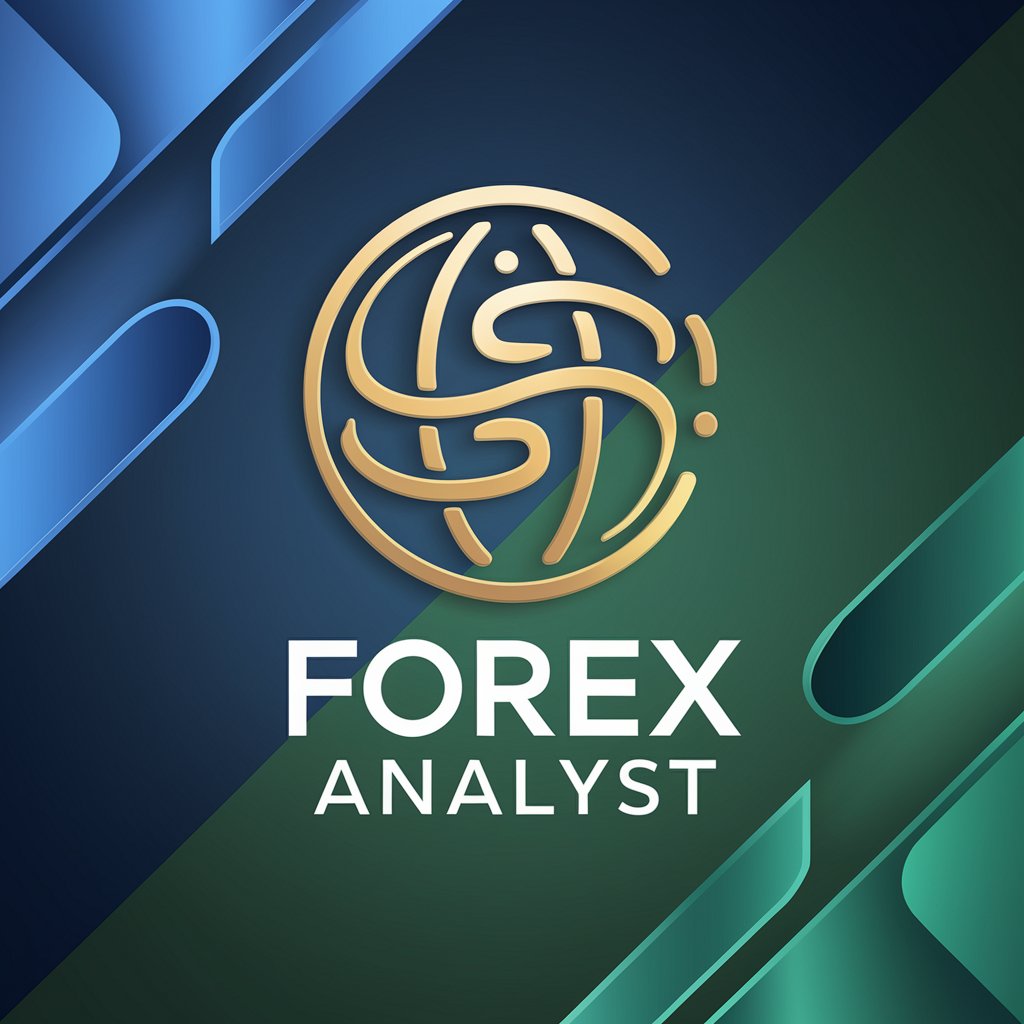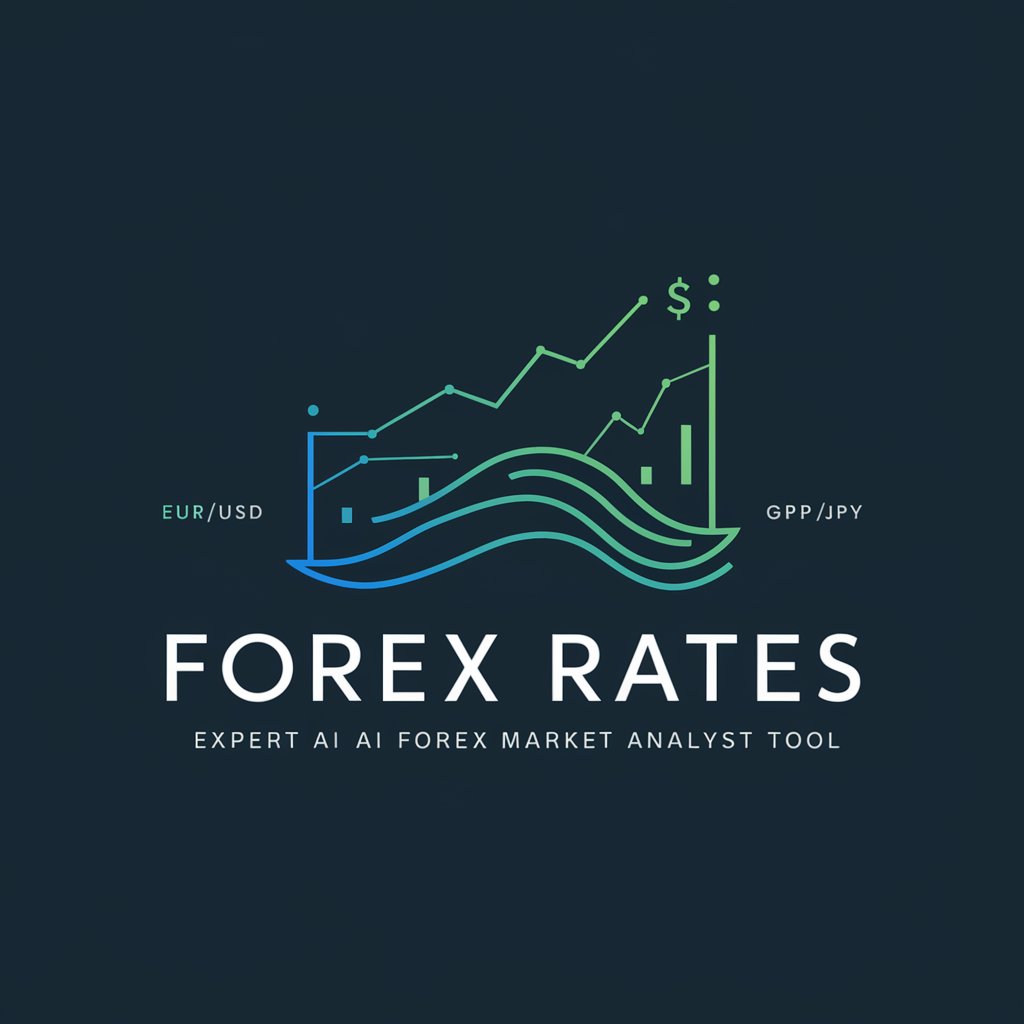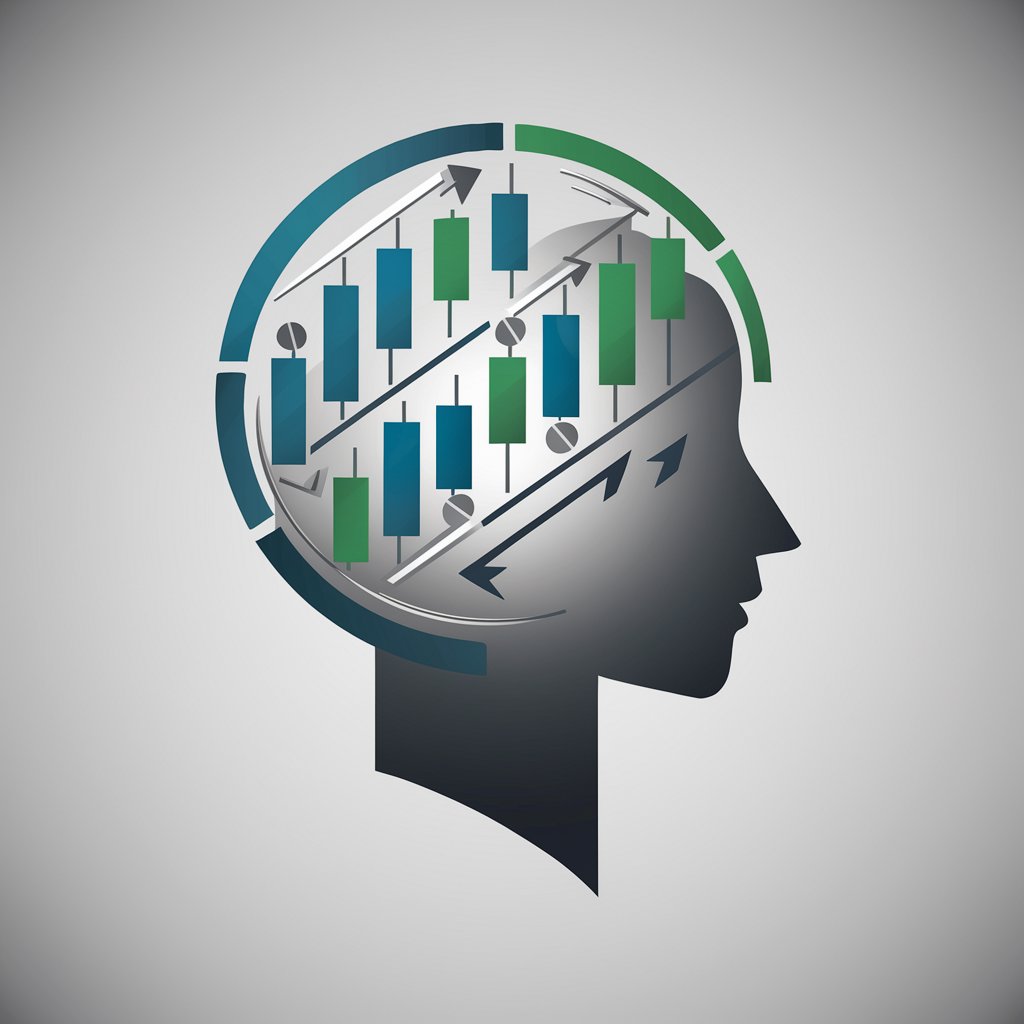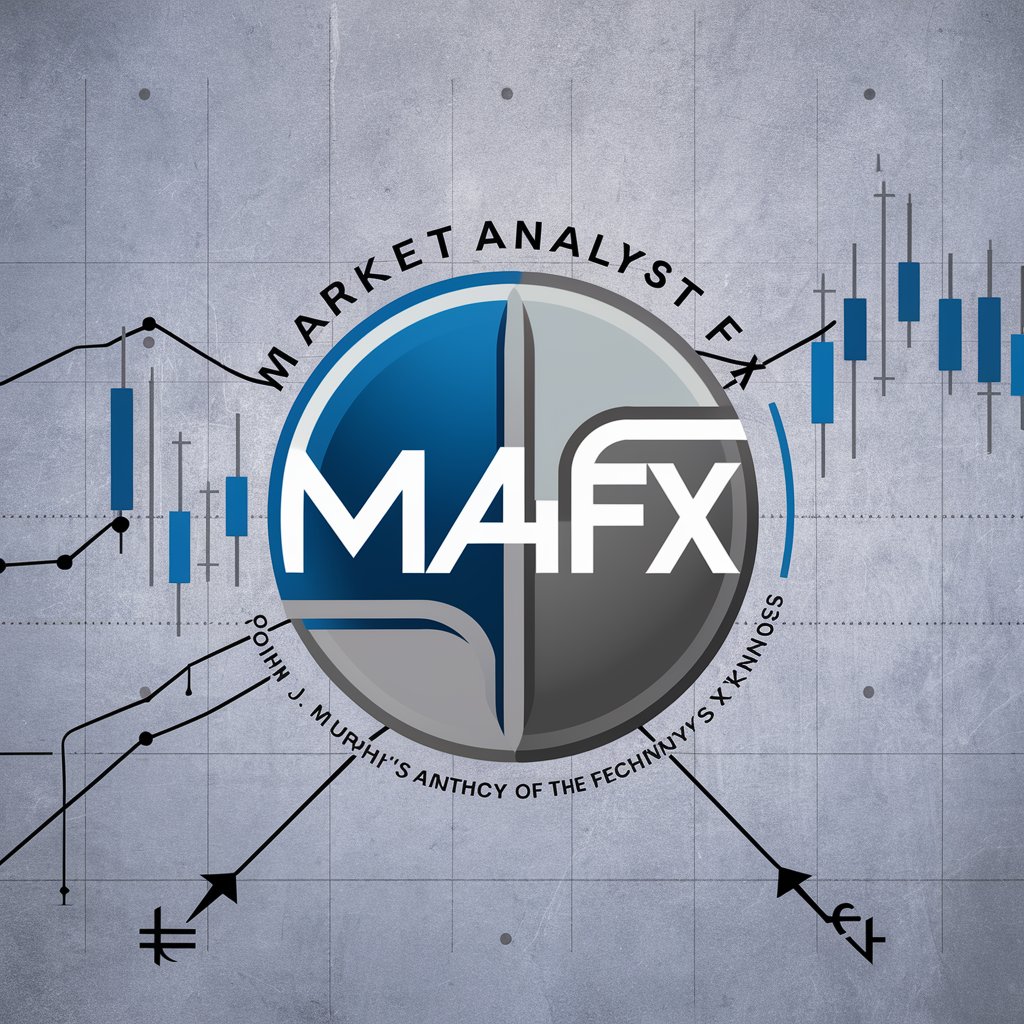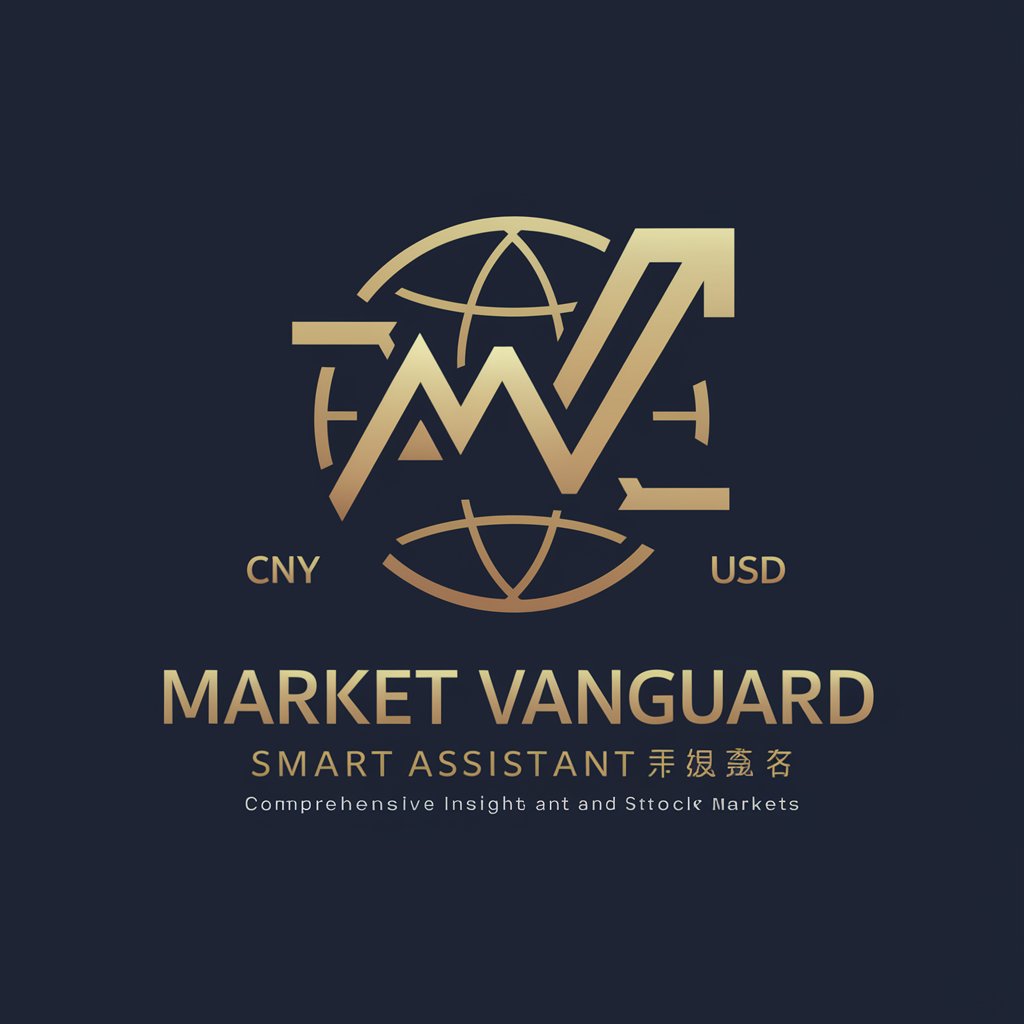
Forex - Forex Trading Insights
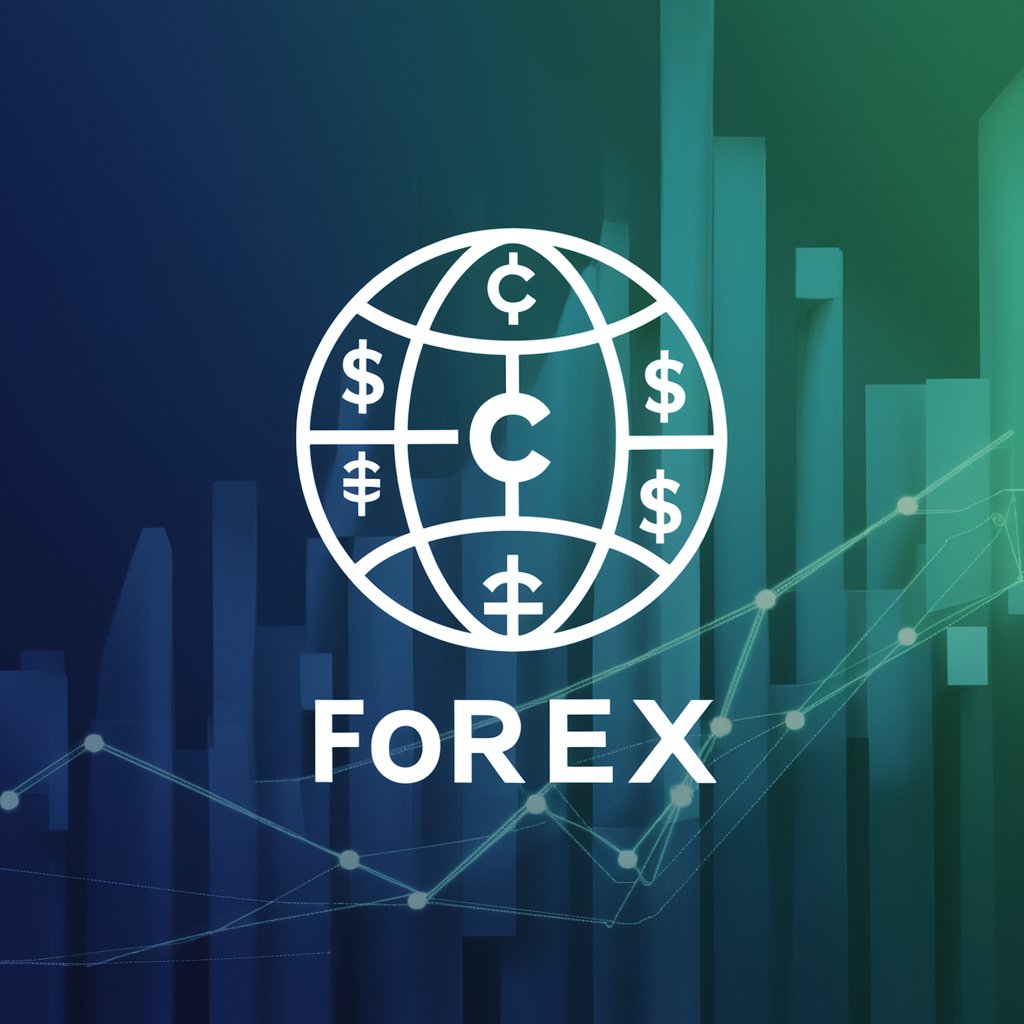
Hello, let's explore the latest in global finance and currency analysis!
Empowering Trades with AI Insights
What are the recent economic reports affecting the USD?
Explain the impact of geopolitical developments on the Euro.
Summarize the latest trends in commodities and their influence on major currencies.
How do central bank speeches shape currency movements?
Get Embed Code
Introduction to Forex
Forex, short for foreign exchange, is a global decentralized or over-the-counter market for trading currencies. This market determines foreign exchange rates for every currency. It includes all aspects of buying, selling, and exchanging currencies at current or determined prices. Forex operates 24 hours a day, five days a week, and involves a wide range of participants from central banks, commercial banks, and financial institutions to individual traders. The primary purpose of Forex is to facilitate global trade and investment by enabling currency conversion. For example, it allows a business in the United States to import goods from the European Union and pay Euros, even though its income is in US dollars. Forex also supports speculation and can influence the value of currencies through supply and demand, impacting global trade, economies, and the financial market. Powered by ChatGPT-4o。

Main Functions of Forex
Currency Exchange for International Trade and Investment
Example
A Japanese company needs to purchase raw materials from Australia. Forex facilitates the exchange of Japanese Yen to Australian Dollars, enabling the transaction.
Scenario
This function is crucial for businesses involved in international trade, allowing them to conduct transactions in different currencies seamlessly.
Speculation for Profit
Example
Traders anticipate the strengthening of the Euro against the Dollar and buy Euros with Dollars. If the Euro strengthens, they can sell their Euros for more Dollars than they originally spent.
Scenario
This function attracts individual and institutional investors looking to profit from currency value fluctuations.
Hedging Currency Risk
Example
A European company with significant sales in the US might use Forex to hedge against currency risk, protecting itself from potential losses caused by Dollar depreciation.
Scenario
This is particularly beneficial for companies operating internationally, safeguarding their profits against unfavorable currency movements.
Ideal Users of Forex Services
International Businesses
Businesses that import or export goods and services need to exchange currencies to settle transactions. Forex provides a platform for these exchanges, facilitating global trade.
Investors and Speculators
This group includes individual and institutional investors who trade currencies to profit from fluctuations in exchange rates. They use Forex to speculate on future movements of currencies based on economic indicators, political events, and market sentiment.
Hedge Funds and Financial Institutions
These entities use Forex for hedging against international currency and interest rate risk, engaging in complex financial transactions that require currency exchanges.

How to Use Forex
Start with a Free Trial
Begin by accessing a free trial at yeschat.ai, no login or ChatGPT Plus subscription required.
Understand Forex Basics
Familiarize yourself with the fundamentals of Forex trading, including how currency pairs work, market analysis techniques, and trading strategies.
Set Your Trading Goals
Define your trading objectives, risk tolerance, and time horizon. These will guide your trading decisions and strategy development.
Practice with a Demo Account
Utilize the demo account feature to practice trading without financial risk. This helps in gaining experience and testing strategies.
Stay Informed
Regularly follow global economic news, reports, and events that can affect currency values. Use this tool to stay updated and make informed decisions.
Try other advanced and practical GPTs
Guide Génie
Empowering Learning with AI-Powered Guides

Secret Keeper
AI-Powered Confidential Confidante

Mcode
Transforming code, unlocking databases with AI

Lose Weight
Personalized diet and nutrition guidance at your fingertips.

AI 茂(50代考え:平均的な会社員)
Empowering Life Decisions with AI Wisdom

Mastodon Recommender
Discover Mastodon, AI-powered.

Test-becas
Streamline your grant application process with AI-powered eligibility and document analysis.

Integrated Outcome Assessment Platform
Tailoring AI insights to your world.

Birthday Party ideas Generator
Craft Memorable Birthdays with AI

Webinar Outline Wizard
Craft Your Webinar, Engage Your Audience

Tech Sales Mentor GPT
Elevate Your Tech Sales Game with AI

Turbo Text Trainer
Empowering Learning with AI

Frequently Asked Questions about Forex
What is Forex and how does it work?
Forex, short for foreign exchange, is a global market for trading currencies. It involves swapping one currency for another, with the aim of making a profit from changes in exchange rates. Prices are determined by supply and demand factors, geopolitical events, and economic indicators.
Can beginners trade Forex successfully?
Yes, with proper education, practice, and risk management strategies, beginners can trade Forex successfully. Starting with a demo account and gaining a solid understanding of market analysis techniques are recommended steps.
How do economic reports affect Forex trading?
Economic reports, such as GDP, unemployment rates, and inflation, significantly impact Forex trading. They provide insights into a country's economic health, influencing currency strength and trading strategies.
What are the best times to trade Forex?
The best times to trade Forex are during the overlap of the major market sessions: London/New York and Sydney/Tokyo. These periods feature higher liquidity and volatility, offering more opportunities for trading.
How can I manage risk in Forex trading?
Risk management in Forex trading involves setting stop-loss orders, managing position sizes, diversifying currency pairs, and keeping abreast of market news and analysis to make informed decisions.
